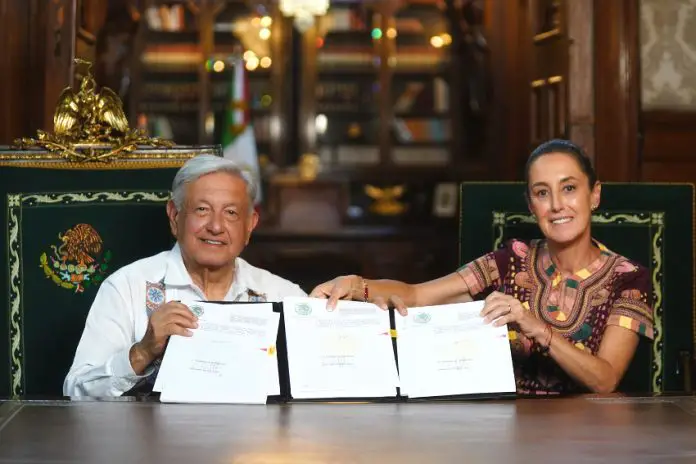President Andrés Manuel López Obrador on Sunday promulgated the federal government’s judicial reform, setting the stage for thousands of judges, including all Supreme Court justices, to be elected by Mexican citizens starting next year.
A decree signed by López Obrador in which various articles of the Mexican Constitution were declared to be “reformed, added to” or “repealed” was published in the government’s official gazette, four days after the Senate approved the judicial reform bill and three days after a majority of state legislatures ratified it. The reform takes effect Monday.
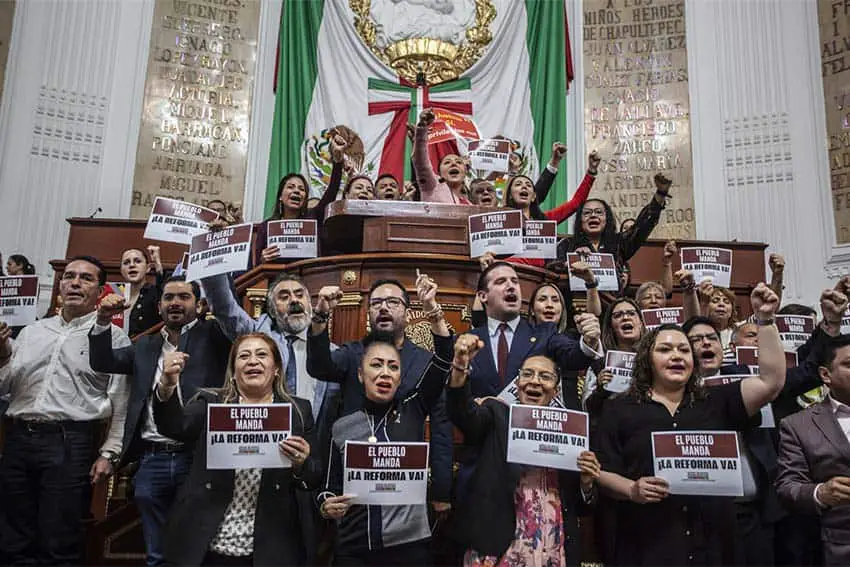
In a video posted to social media, the president, seated alongside President-elect Claudia Sheinbaum, said he was signing the reform into law “with the intent of improving the judicial power because we need justice to get to everyone.”
Among the other aims of the reform, he said, are to eliminate corruption in the judiciary and for judges, magistrates and Supreme Court justices to apply the law equally to all.
“We should have an authentic, a true rule of law, not a crooked one,” said López Obrador, who asserts that many judges are corrupt and has been angered by court decisions handed down against his government’s projects and policies.
“The simulation must end because it was said we lived in a democracy but we didn’t. An oligarchy dominated. Those right at the top were the ones who were in charge, a minority with the facade of democracy,” he said.
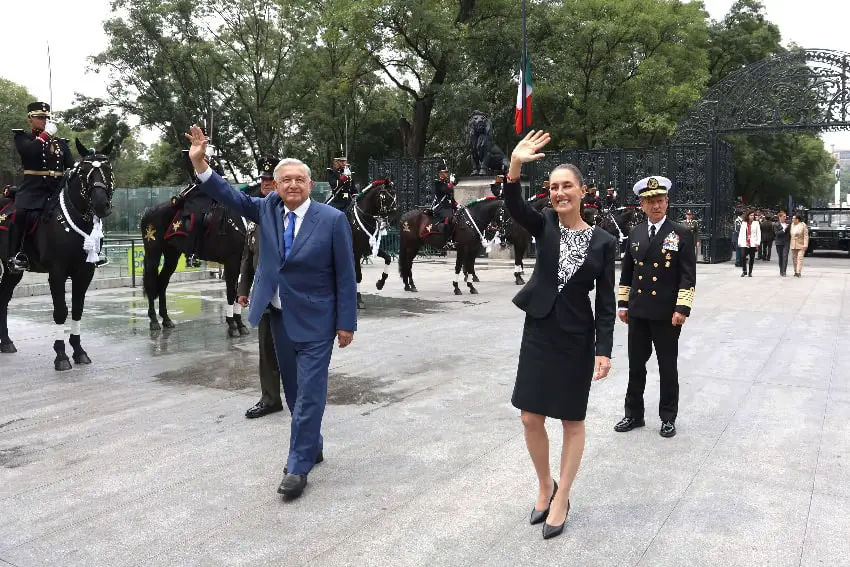
“There was simulation. Now it’s different, now it’s the people who rule, the people who decide,” López Obrador said.
He described Sunday — the eve of Mexico’s Independence Day — as an “historic day,” considering the publication of the judicial reform decree in the government’s gazette.
Sheinbaum, the president’s “witness of honor,” applauded the president after he uttered three words — “voy a firmar,” or “I’m going to sign” the decree.
She will be sworn in as Mexico’s first female president on Oct. 1, and will immediately have immense power as a coalition led by the ruling Morena party has a supermajority in the lower house of Congress and a near-supermajority in the Senate.
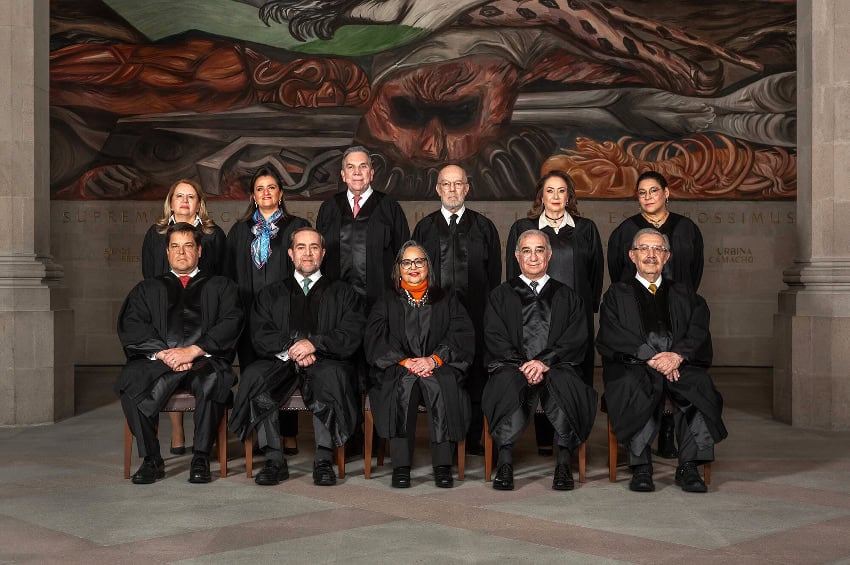
Many other constitutional reforms that López Obrador sent to Congress in February, and which Sheinbaum fully supports, could be approved in the coming months.
The president promulgated the judicial reform despite a court in Colima ruling against its publication in the government’s gazette.
Morena Senator Ernestina Godoy, who will serve as legal counsel to Sheinbaum, asserted Friday that the court order was not valid given that two-thirds of lawmakers in both houses of Congress had approved the judicial reform.
“One power can’t do that to another power,” she said.
The most controversial aspect of the judicial reform is the provision to allow citizens to directly elect all members of the judiciary, including Supreme Court justices and other federal judges.
In accordance with the reform, thousands of judges — approximately half of the nation’s judiciary — will be elected in “extraordinary elections” on June 1, 2025. Another round of elections will be held in 2027 at the same time midterm congressional elections take place.
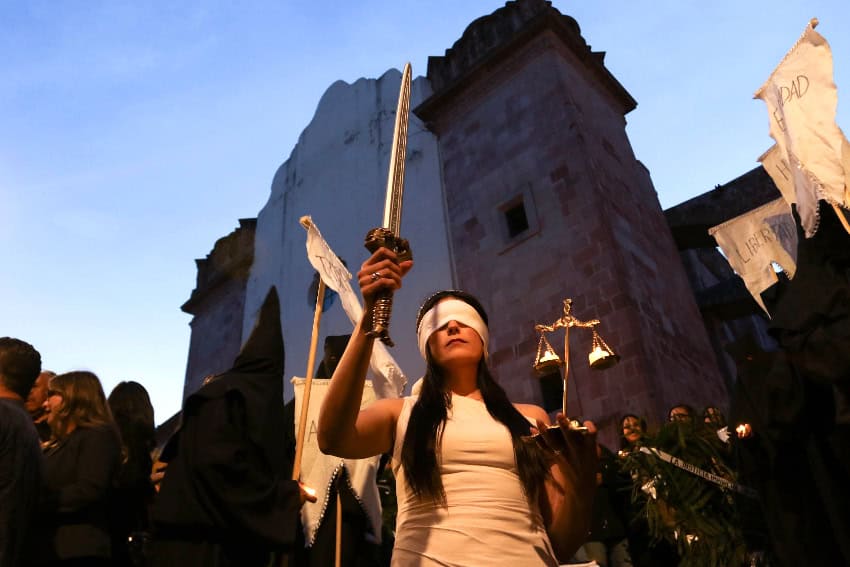
The National Electoral Institute will be responsible for organizing the judicial elections.
Critics of the judicial reform argue that judges sympathetic to Morena will come to dominate the judiciary as the president and the Congress will nominate candidates.
There are also concerns that the reform will have a negative impact on foreign investment and Mexico’s trade relations, including those with its key regional partners, the United States and Canada.
López Obrador and Sheinbaum have dismissed all criticism of the reform, portraying concerns about it as unfounded.
What else does the judicial reform change?
Among the other changes in the judicial reform are:
- The reduction of the number of Supreme Court justices to 9 from 11.
- The reduction of justices’ terms to 12 years from 15.
- The reduction of the experience required to serve as a justice and judge.
- The adjustment of salaries so that no judge earns more than the president.
- The elimination of the Federal Judiciary Council.
- The creation of a Tribunal of Judicial Discipline that could sanction and fire judges found to have acted improperly or illegally.
- The use of “faceless,” or unidentified judges, to preside over organized crime cases.
- An expansion of the crimes for which pre-trial detention can be enforced.
With reports from El Financiero, Reforma, La Jornada and Aristegui Noticias
